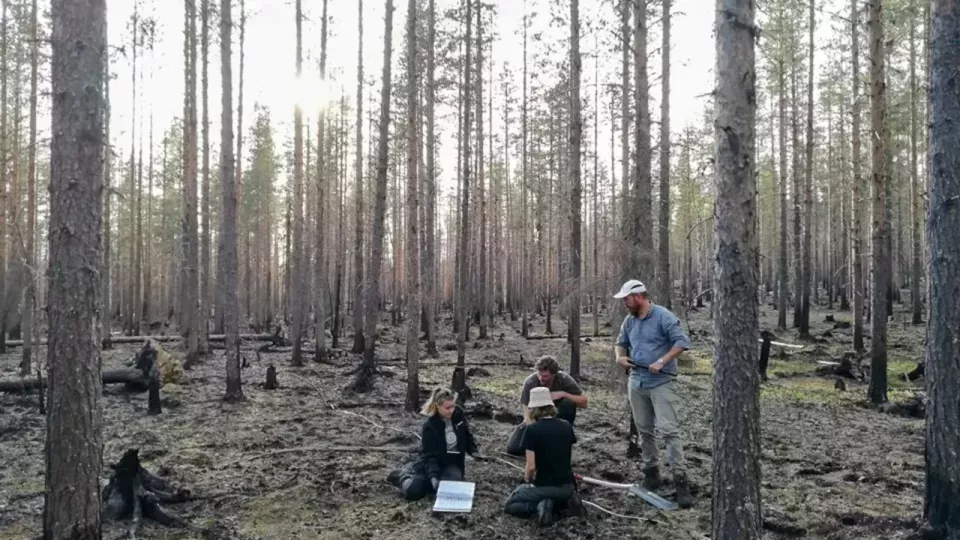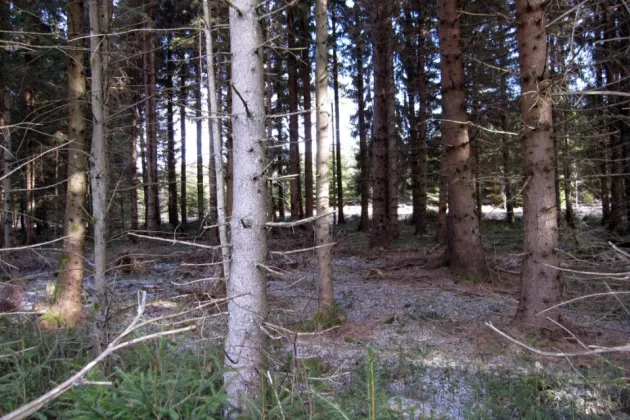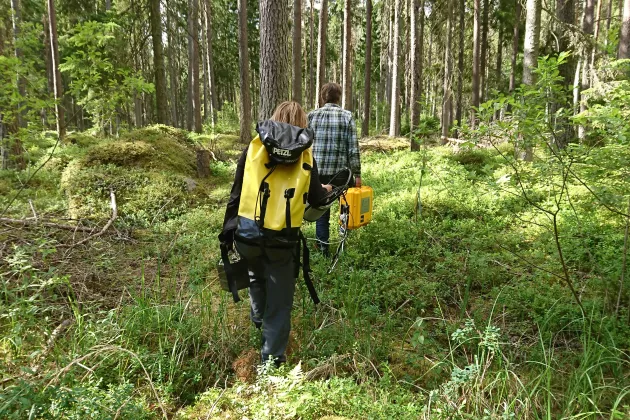The boreal forests form a single biome that spans the entire Northern Hemisphere. These forests play a key role in the global climate system by absorbing carbon dioxide from the atmosphere. Increasing forest fires, in the wake of climate change, threaten to undermine this ecosystem service.
In the aftermath of the summer 2018 forest fires in Sweden, a team of researchers began the most extensive field campaign ever performed in boreal forests to study how the fires affected 50 forests spread across the country.
“We found that climate change may reduce the ability of burnt forests to absorb carbon after a fire. Many of the old trees remain, but some of their important functions appear to be weakened,” explains Johan Eckdahl, a physical geographer at Lund University and a BECC doctoral student.
Keep reading
The entire article is published on Lund University website:
Unique field study shows how climate change affects fire-impacted forests - lunduniversity.lu.se




